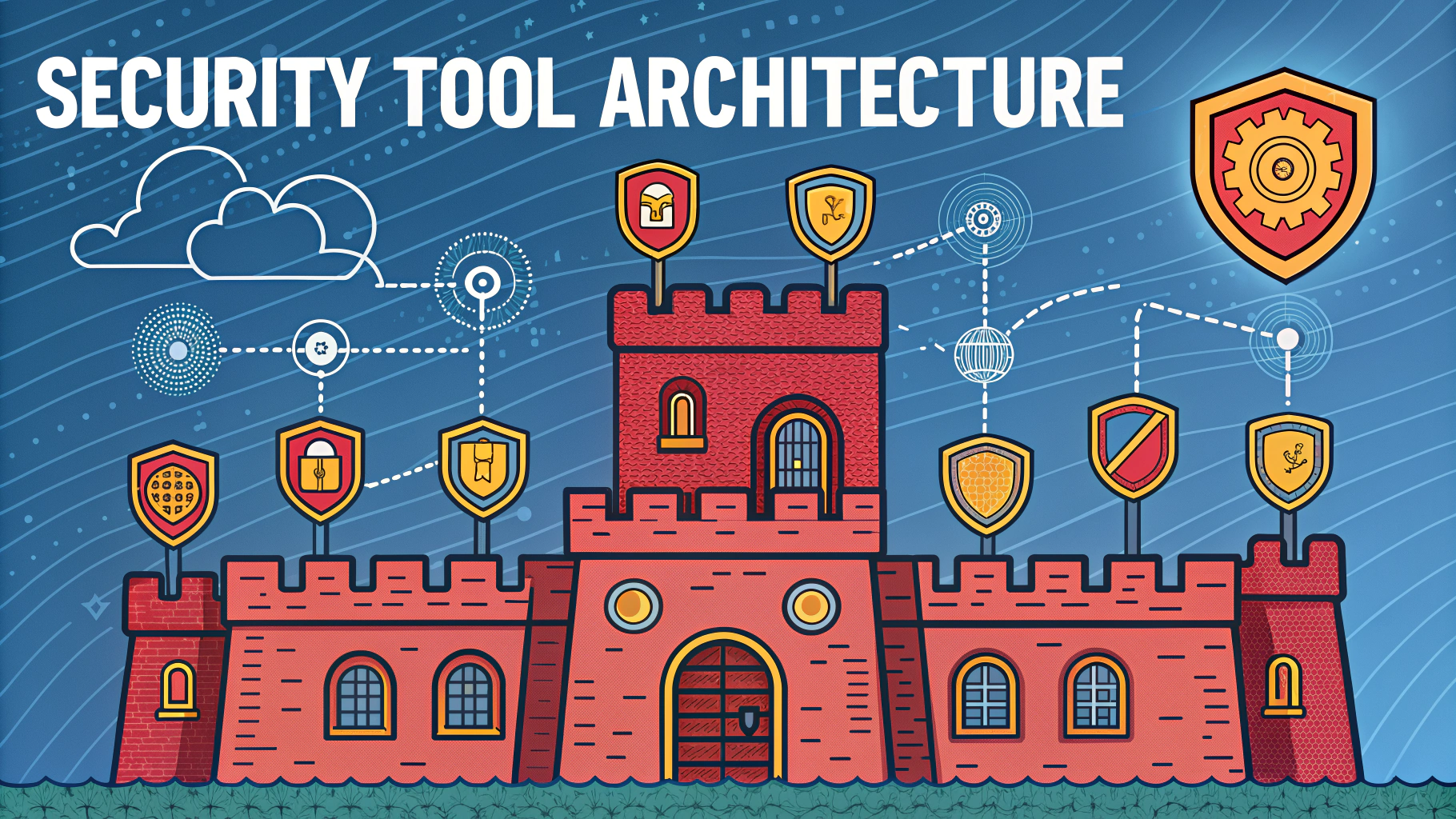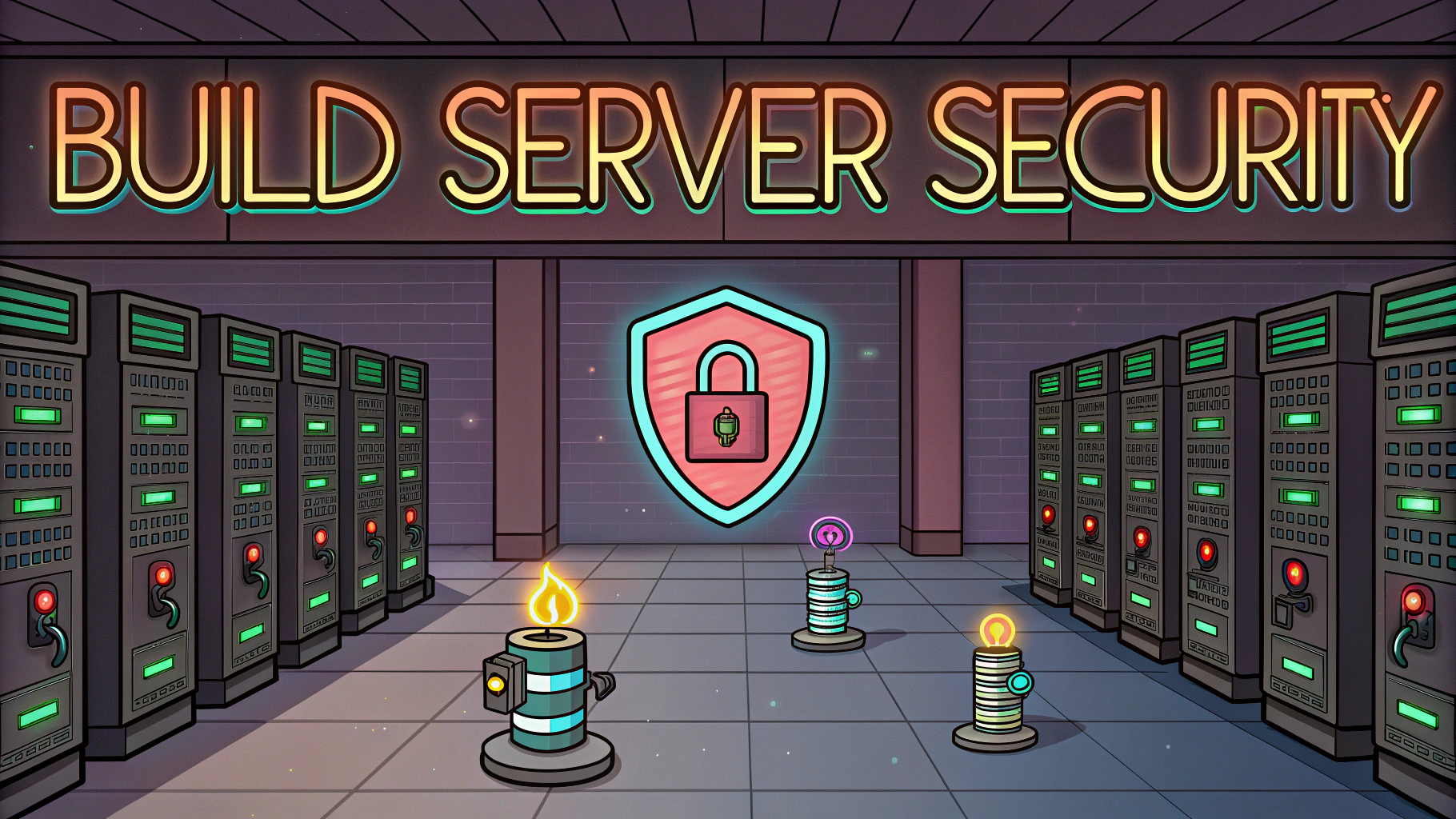Penetration testing podcasts offer security professionals invaluable insights into the latest attack methods, defense strategies, and industry developments.
Security experts and practitioners share their real-world experiences, technical deep-dives, and practical advice through these audio platforms.
This guide reviews the most informative and technically-focused podcasts for penetration testers, security researchers, and ethical hackers.
Top Technical Security Podcasts
- Darknet Diaries – Host Jack Rhysider covers real cybersecurity incidents and penetration testing stories with exceptional production quality and technical accuracy
- Security Weekly – Long-running technical podcast featuring in-depth discussions on offensive security tools and techniques
- Risky Business – Patrick Gray delivers weekly news and analysis focusing on offensive security research and vulnerabilities
- Hack Naked News – Quick daily updates on new vulnerabilities, exploits, and penetration testing tools
Specialized Pentesting Podcasts
These shows focus specifically on offensive security techniques and tools:
- Paul’s Security Weekly Technical – Deep technical segments on exploitation and pentesting tools
- Hack In The Box – Conference talks and interviews with leading security researchers
- The Privacy, Security & OSINT Show – Techniques for reconnaissance and information gathering
Learning-Focused Shows
| Podcast Name | Focus Area | Frequency |
|---|---|---|
| Absolute AppSec | Web Application Security | Weekly |
| 7 Minute Security | Quick Security Tips | Weekly |
| Defensive Security | Attack Analysis | Bi-weekly |
Where to Listen
Find these podcasts on major platforms:
- Spotify: spotify.com/podcasts/security
- Apple Podcasts: podcasts.apple.com/genre/technology-security
- Google Podcasts: podcasts.google.com
- Individual show websites (often with show notes and resources)
Making the Most of Security Podcasts
Take notes on tools and techniques mentioned for later research and testing.
Follow along with demonstration episodes by setting up your own lab environment.
Join podcast communities on Discord or Slack to discuss episodes with other listeners.
Next Steps for Continuous Learning
Subscribe to 2-3 shows that match your current skill level and learning goals.
Review show archives for episodes covering specific techniques you want to learn.
Consider contributing to the community by starting your own security podcast or blog.
Building Your Podcast Library
Organize podcasts by topic areas to create a comprehensive learning resource:
- Web Application Security
- Network Penetration Testing
- Mobile Security
- Cloud Security
- IoT Security
Supplementary Learning Resources
Combine podcast learning with other educational materials:
- GitHub repositories mentioned in episodes
- Conference presentations by podcast guests
- Blog posts and tutorials referenced in shows
- Online courses that expand on podcast topics
Community Engagement
- Participate in podcast Discord servers
- Attend virtual meetups with hosts and guests
- Share notes and resources with other listeners
- Submit questions for Q&A episodes
Advanced Learning Strategies
Practice Labs
- Set up vulnerable machines discussed in episodes
- Replicate techniques in controlled environments
- Document findings and share with community
Knowledge Base Development
- Create personal wiki of podcast notes
- Build tool collections based on recommendations
- Maintain documentation of tested techniques
Maximizing Your Security Knowledge Journey
Select podcasts that align with your career goals and current projects.
Implement a regular schedule for podcast learning and practical application.
Share insights with colleagues and contribute to the security community.
Stay current with evolving security landscape through consistent podcast consumption.
FAQs
- What are the best technical podcasts for learning penetration testing?
Darknet Diaries, Security Now, Paul’s Security Weekly, Risky Business, and SANS Internet Stormcenter are among the most respected and informative penetration testing podcasts. - How often should I listen to technical security podcasts to stay current?
Weekly listening is recommended as most high-quality security podcasts release episodes on a weekly basis, covering current vulnerabilities, exploits, and industry developments. - What topics should quality penetration testing podcasts cover?
Quality podcasts should cover exploit development, vulnerability research, network security, web application testing, wireless security, social engineering, and real-world case studies. - Are penetration testing podcasts suitable for beginners?
Some podcasts like Security Now and Cyber Work are beginner-friendly, while others like Risky Business and Security Weekly are more suited for intermediate to advanced practitioners. - Should I take notes while listening to technical security podcasts?
Yes, taking notes on tools, techniques, and methodologies mentioned is valuable, especially when hosts discuss specific exploit chains or penetration testing approaches. - Do security podcasts provide CTF (Capture The Flag) coverage?
Yes, many technical security podcasts cover CTF events, walkthroughs, and methodologies, particularly shows like Hack+, CTF Time, and specific episodes of Security Weekly. - How can I verify the credibility of a penetration testing podcast?
Check the hosts’ professional backgrounds, their industry certifications (OSCP, CEH, CISSP), and whether they actively work in penetration testing or security research. - Are there podcasts that focus on specific penetration testing tools?
Yes, podcasts like Hack Naked News and Security Weekly frequently cover specific tools like Metasploit, Burp Suite, and Nmap, including tutorials and updates. - Can podcast content be used for professional certification preparation?
While podcasts shouldn’t be the sole study resource, many provide valuable insights for certifications like OSCP, CEH, and PNPT, especially those covering practical methodologies. - How do technical security podcasts handle responsible disclosure?
Reputable podcasts follow responsible disclosure guidelines, discussing vulnerabilities only after they’ve been patched or properly disclosed to affected vendors.







